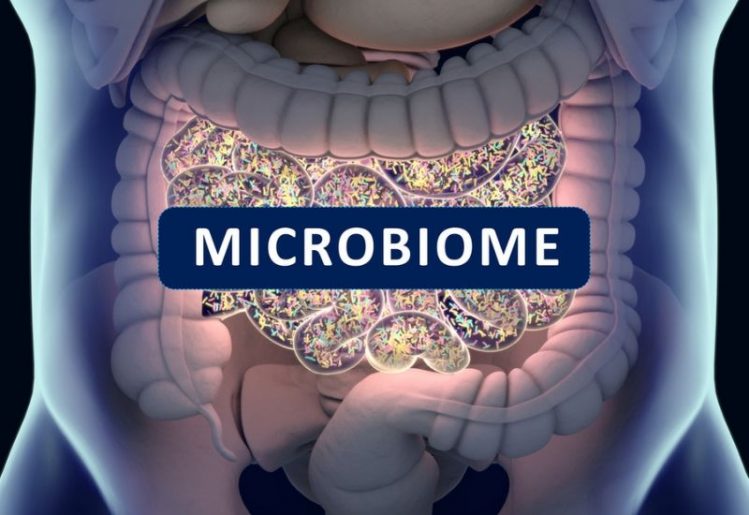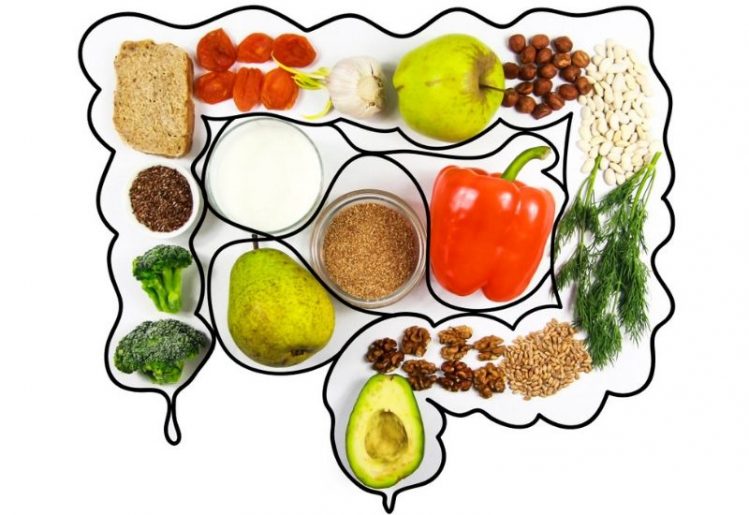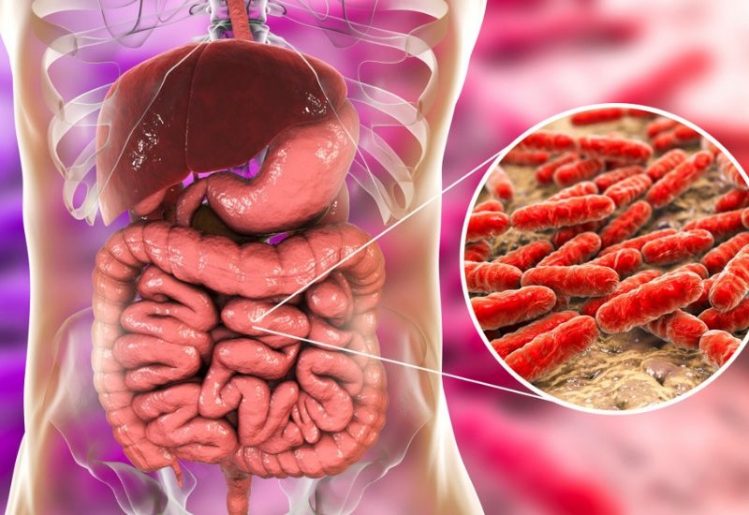When it comes to optimizing overall health, taking care of your cardiovascular system should be one of your most pressing concerns. However, even if you have already adopted a healthier way of living, you may not be aware of some little-known things that affect heart health. For good or for ill, these lifestyle habits can have a bigger impact on your heart health than you may realize.
9 Surprising Things That Affect Heart Health
1. Coffee Consumption
 The caffeine in coffee acts as a stimulant, which is why it helps you feel more alert and productive. Since it stimulates the various body functions, it has been found to boost brain function and cardiovascular function, indicating that moderate amounts of coffee can be beneficial. However, drinking six or more cups of coffee per day can actually harm you by increasing blood pressure. As a result, too much caffeine consumption may raise the risks of cardiovascular disease.
The caffeine in coffee acts as a stimulant, which is why it helps you feel more alert and productive. Since it stimulates the various body functions, it has been found to boost brain function and cardiovascular function, indicating that moderate amounts of coffee can be beneficial. However, drinking six or more cups of coffee per day can actually harm you by increasing blood pressure. As a result, too much caffeine consumption may raise the risks of cardiovascular disease.
2. Workplace Environment
Recent research has found that high-stress jobs, such as those that are mentally demanding, can contribute to a heartbeat disorder known as atrial fibrillation. This condition increases the likelihood of experiencing a stroke, because it interrupts the steady supply of oxygen to the brain. Additionally, stressful work environments have been linked to higher instances of hypertension and high cholesterol in workers. In a recent observational study, researchers found that 24 percent of workers in high-noise environments suffered from hypertension, while 28 percent had developed high cholesterol. This research indicates that people involved in the manufacturing, construction and technical trades may be more likely to suffer from heart disease.
3. Watching Television
We have long been told that watching too much television is harmful to overall health, but how much is too much? According to a recent study, watching 21 hours of TV per week may be enough to damage your heart health, boosting the of developing hypertension by 68 percent. Compared to those who watch less than seven hours of television per week, people who watch 21 hours or more also have a 50 percent higher risk of developing type 2 diabetes.
4. Eating Breakfast
A high energy-breakfast can have a positive impact on heart health, especially when compared to a low-energy breakfast. In a new study, researchers compared those who typically consumed high-energy breakfast with those who consumed a low-energy breakfast or no breakfast at all. A high-energy breakfast tended to be one that accounted for more than 20 percent of daily calories, and consisted of foods like cheese and dairy products, honey, cereal and breads. Low-energy breakfasts included foods like coffee, fruit, olives and honey, and provided less than 20 percent of daily calorie intake. The research found that those in the high-energy group had healthier arteries than those in the other groups. To gain these benefits, the research team suggests attempting to obtain at least 20 percent of your daily calorie intake from your breakfast.
5. Eating Blueberries
Metabolic syndrome is a growing problem, affecting millions of people annually. It’s an umbrella term that describes people who suffer from obesity, high blood pressure and heightened levels of triglycerides, cholesterol and blood glucose. Recent research revealed that eating just one cup of blueberries per day can significantly improve your metabolic profile. Since metabolic syndrome often leads to cardiovascular disease, a serving of blueberries may reduce risks to your heart health.
6. Financial Worries
While you don’t need research to tell you that financial concerns can cause you to experience stress, this particular kind of stress may also be contributing to poor heart health. A recent study found that financial concerns made subjects 13 times more likely to suffer from a heart attack. By way of comparison, work-related stress increased that risk by just 5.6 times. The research also found that the depression caused by financial stress also raised the risks of developing heart disease.
7. Listening to Music
While there are many lifestyle-related dangers to heart health, listening to music may be able to counteract some of that harm. In particular, listening to soothing or uplifting music helps lower blood pressure, reduce stress and regulate the heart beat. Music therapy is used commonly these days because it also helps improve blood flow throughout the body. Research has discovered that rock music and classical music are especially effective in keeping arterial walls flexible.
8. Taking a Bath
 In a recent study, researchers evaluated the heart health benefits of taking a hot bath, or one consisting of water that is 41°C (105.8°F). The subjects, 873 seniors, were asked to remain in the bath for 12.4 minutes. The researchers found that taking up to five or six hot baths per week had a profoundly positive effect on heart health. The effects on risks of atherosclerosis and cardiac loading were among the chief benefits noted in the study.
In a recent study, researchers evaluated the heart health benefits of taking a hot bath, or one consisting of water that is 41°C (105.8°F). The subjects, 873 seniors, were asked to remain in the bath for 12.4 minutes. The researchers found that taking up to five or six hot baths per week had a profoundly positive effect on heart health. The effects on risks of atherosclerosis and cardiac loading were among the chief benefits noted in the study.
9. Having the Flu
Recent findings suggest that people who are already at risk for developing heart disease face greater risks of suffering a heart attack within the first weeks of contracting the flu. The risk of suffering an acute myocardial infarction is further complicated when NSAIDs and other cold remedies are taken. Decongestants, for example, constrict the blood vessels, creating even more strain on the cardiovascular system. For this reason, at-risk people are urged to get the seasonal flu shot and to take precautionary steps to prevent contracting influenza.
While benefiting from some of these research results may require making significant lifestyle changes, it may be time to consider them. Heart disease is a major health concern in the United States and it kills more than 610,000 people annually. Doing what you can to alleviate stress on your heart and to maintain a healthy cardiovascular system will help you to live a higher-quality of life for a longer period of time.
 The most studied microbes in the large intestine are bacteria, because there are so many different kinds of bacteria in the body. There are actually more bacterial cells than there are human cells in the body. There are over 1,000 different types of bacteria that reside in the human body, and researchers have found that each kind of bacteria performs a unique function. Some of these bacteria are harmful, increasing the likelihood of developing specific medical conditions. Other types of bacteria are good for us, helping to maintain health and boost immunity. A
The most studied microbes in the large intestine are bacteria, because there are so many different kinds of bacteria in the body. There are actually more bacterial cells than there are human cells in the body. There are over 1,000 different types of bacteria that reside in the human body, and researchers have found that each kind of bacteria performs a unique function. Some of these bacteria are harmful, increasing the likelihood of developing specific medical conditions. Other types of bacteria are good for us, helping to maintain health and boost immunity. A  Today, the methods for treating breast cancer have improved considerably, offering a better chance for women suffering from the condition. However, metastatic breast cancer is a more complicated concern in that it involves treating cancer that has spread to other parts of the body. Unfortunately, metastatic breast cancer is a growing problem that already affects more than 154,794 women annually. In many cases, breast cancer has already metastasized by the time patients are diagnosed.
Today, the methods for treating breast cancer have improved considerably, offering a better chance for women suffering from the condition. However, metastatic breast cancer is a more complicated concern in that it involves treating cancer that has spread to other parts of the body. Unfortunately, metastatic breast cancer is a growing problem that already affects more than 154,794 women annually. In many cases, breast cancer has already metastasized by the time patients are diagnosed. Each person’s gut microbiome is different, depending upon the bacteria and viruses to which we have been exposed. Some of this exposure occurs in the womb, but our gut microbiome is also influenced by our diets and environmental factors. While the bacteria in each person’s body is different, it is important that every gut microbiome maintain a balance of good and bad microbes. Recent research has found that an imbalance can expose us to disease and can even weaken the immune system.
Each person’s gut microbiome is different, depending upon the bacteria and viruses to which we have been exposed. Some of this exposure occurs in the womb, but our gut microbiome is also influenced by our diets and environmental factors. While the bacteria in each person’s body is different, it is important that every gut microbiome maintain a balance of good and bad microbes. Recent research has found that an imbalance can expose us to disease and can even weaken the immune system. In another study, researchers looked at how non-caloric artificial sweeteners would affect human subjects when
In another study, researchers looked at how non-caloric artificial sweeteners would affect human subjects when  Numerous studies have presented strong evidence that getting proper levels of certain crucial vitamins can help lower the risk of major chronic disease that comes with age. This research suggests that many health problems could be avoided by simply increasing the amount of vitamins we ingest on a daily basis.
Numerous studies have presented strong evidence that getting proper levels of certain crucial vitamins can help lower the risk of major chronic disease that comes with age. This research suggests that many health problems could be avoided by simply increasing the amount of vitamins we ingest on a daily basis. As people age, one of the biggest problems they face is decreased mobility, defined as the ability to move around independently. It has been determined that 30 percent of seniors do experience mobility problems. Mobility is often inhibited by long-term health conditions, such as lung disease, heart disease and arthritis. At the same time, with age, muscles, bones and tissue deteriorate, inhibiting mobility. Now, recent research into the link between vitamins and aging may have found a solution: A new study suggests an increased intake of vitamin K, commonly found in leafy green vegetables, may help boost mobility in seniors.
As people age, one of the biggest problems they face is decreased mobility, defined as the ability to move around independently. It has been determined that 30 percent of seniors do experience mobility problems. Mobility is often inhibited by long-term health conditions, such as lung disease, heart disease and arthritis. At the same time, with age, muscles, bones and tissue deteriorate, inhibiting mobility. Now, recent research into the link between vitamins and aging may have found a solution: A new study suggests an increased intake of vitamin K, commonly found in leafy green vegetables, may help boost mobility in seniors. A joint project, which brought together researchers from the U.K.’s University of East Anglia and Harvard University, looked at how eating blueberries affected the development of heart disease and type 2 diabetes. The research was intended to identify how blueberry consumption affected metabolic syndrome. Metabolic syndrome is a term used to describe a situation in which an individual suffers from high blood pressure, obesity and high blood sugar. Heightened triglyceride and cholesterol levels are also common in people suffering from metabolic syndrome. When these conditions are present for an extended period of time, the individual develops increased
A joint project, which brought together researchers from the U.K.’s University of East Anglia and Harvard University, looked at how eating blueberries affected the development of heart disease and type 2 diabetes. The research was intended to identify how blueberry consumption affected metabolic syndrome. Metabolic syndrome is a term used to describe a situation in which an individual suffers from high blood pressure, obesity and high blood sugar. Heightened triglyceride and cholesterol levels are also common in people suffering from metabolic syndrome. When these conditions are present for an extended period of time, the individual develops increased  In a separate experiment, rats were given proportionate doses of anthocyanin. One of the compounds produced was vanillic acid, which was found to lower blood pressure. This may indicate that blueberries can be effective in helping patients treat hypertension, though more research is needed.
In a separate experiment, rats were given proportionate doses of anthocyanin. One of the compounds produced was vanillic acid, which was found to lower blood pressure. This may indicate that blueberries can be effective in helping patients treat hypertension, though more research is needed. Autism affects one out of every 59 children born in the United States, and is more common in boys than in girls. A look at past statistics shows that incidences of autism have nearly doubled over the past 14 years. If your child has autism, you already know that the condition affects their ability to interact with others. It can be hard to identify in some children, because it can affect each person differently. Autism may not be curable as of yet, but it can be treated. To obtain the best results from treatment, it’s important to begin as soon as possible. This means being able to recognize the signs and symptoms of autism, such as:
Autism affects one out of every 59 children born in the United States, and is more common in boys than in girls. A look at past statistics shows that incidences of autism have nearly doubled over the past 14 years. If your child has autism, you already know that the condition affects their ability to interact with others. It can be hard to identify in some children, because it can affect each person differently. Autism may not be curable as of yet, but it can be treated. To obtain the best results from treatment, it’s important to begin as soon as possible. This means being able to recognize the signs and symptoms of autism, such as: New research has found a link between gut bacteria and autism. The findings were the result of a research project intending to see if the common gastrointestinal problems experienced by most autistic children could be treated. Researchers at Arizona State University hoped to alleviate gastrointestinal problems experienced by
New research has found a link between gut bacteria and autism. The findings were the result of a research project intending to see if the common gastrointestinal problems experienced by most autistic children could be treated. Researchers at Arizona State University hoped to alleviate gastrointestinal problems experienced by